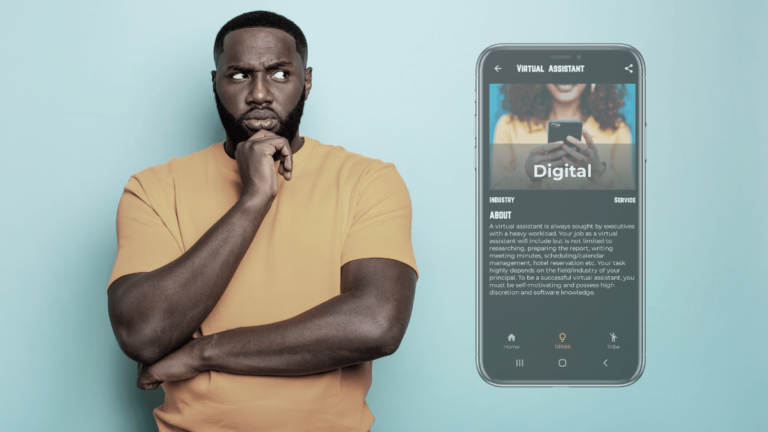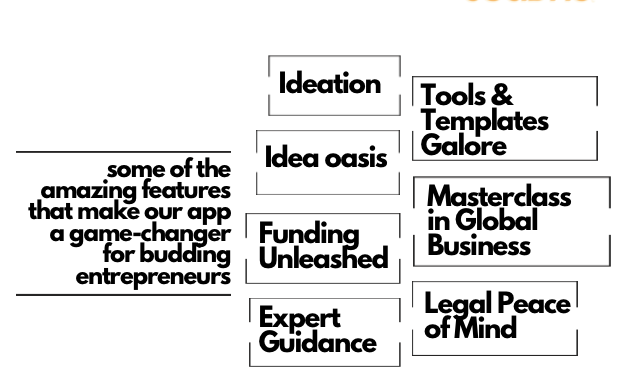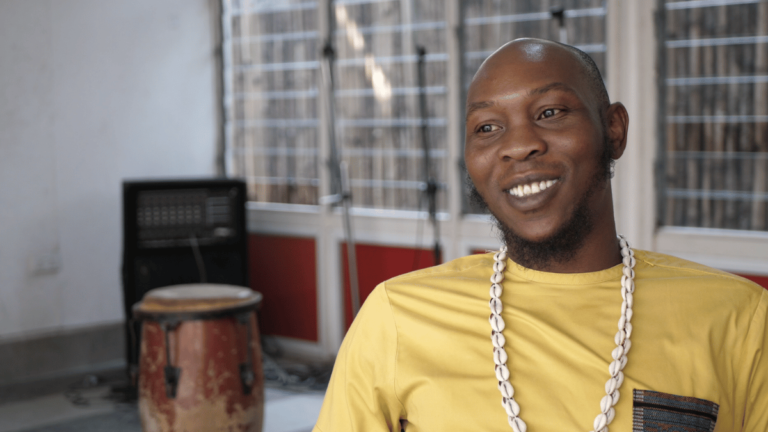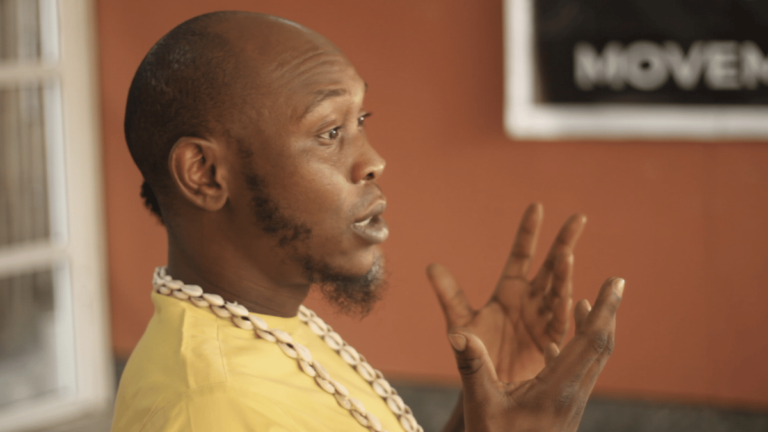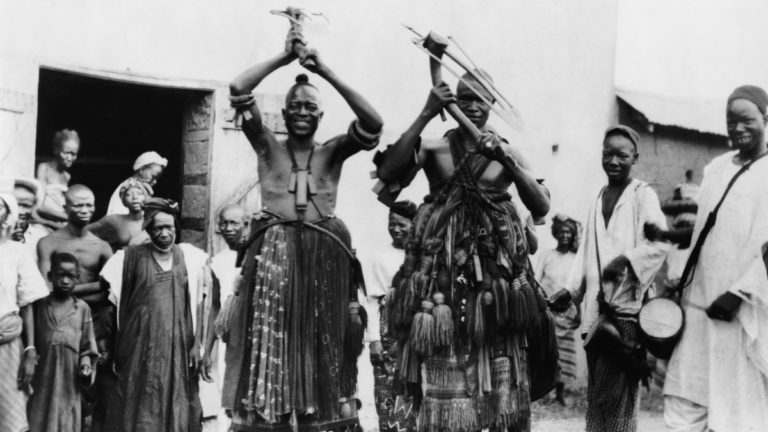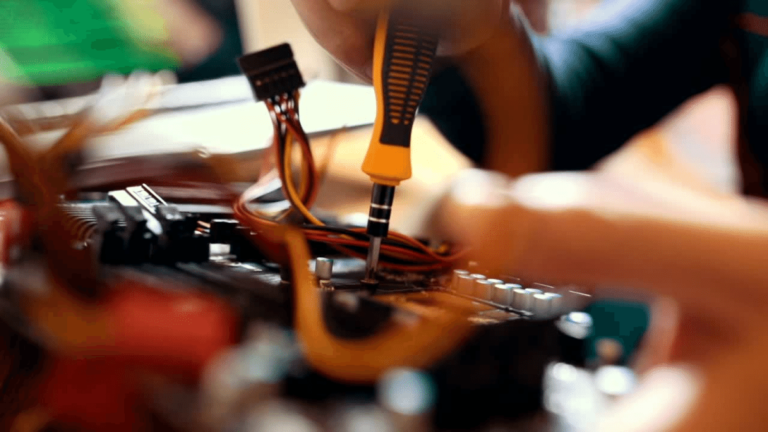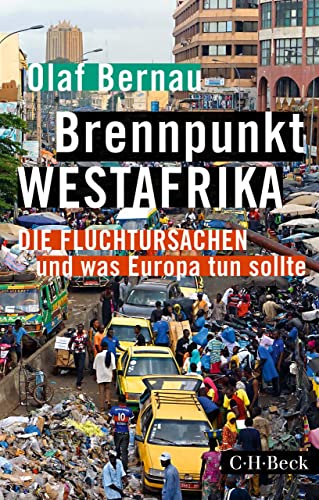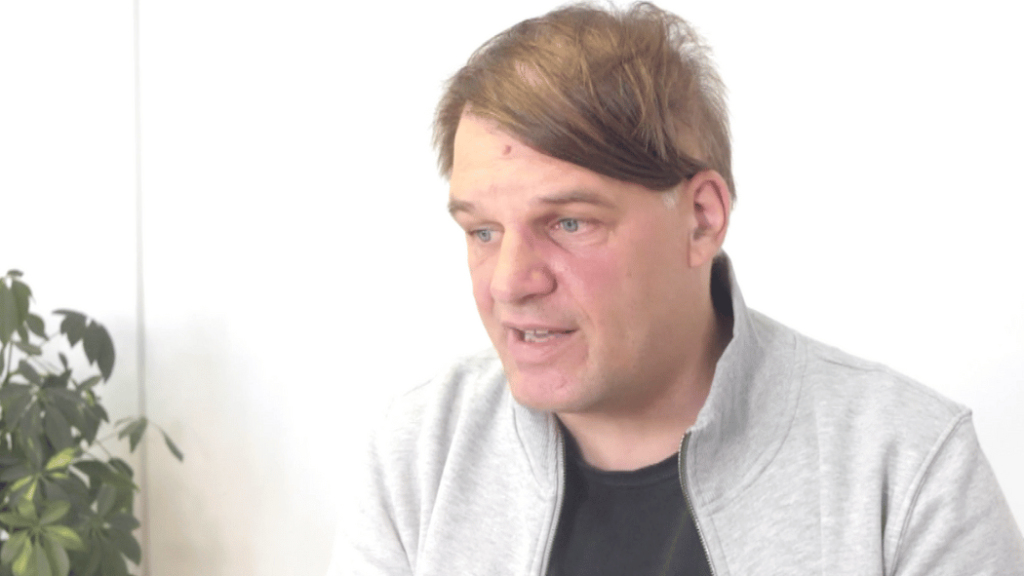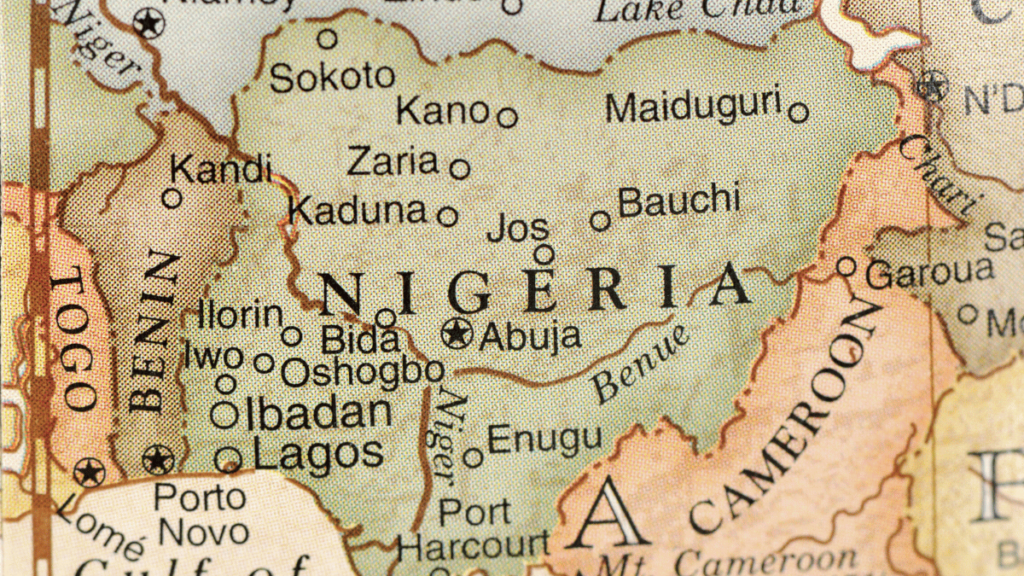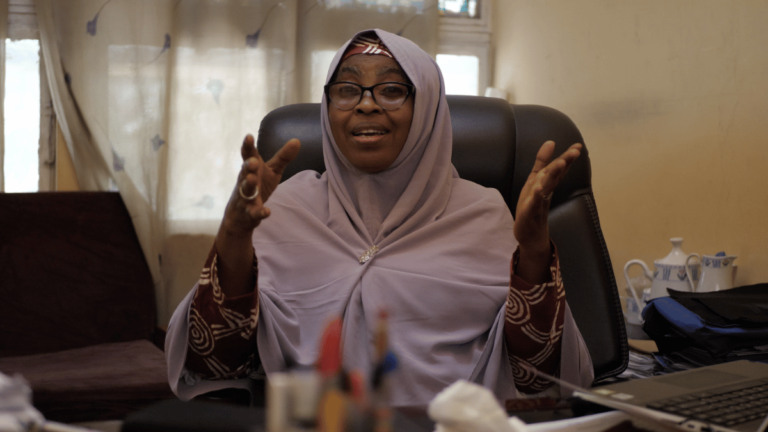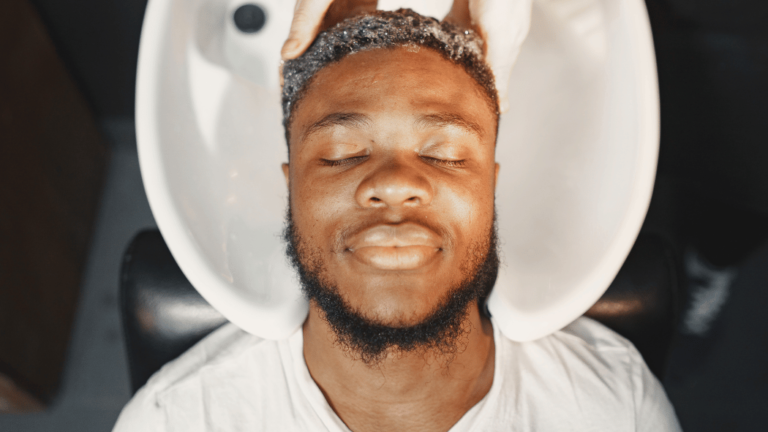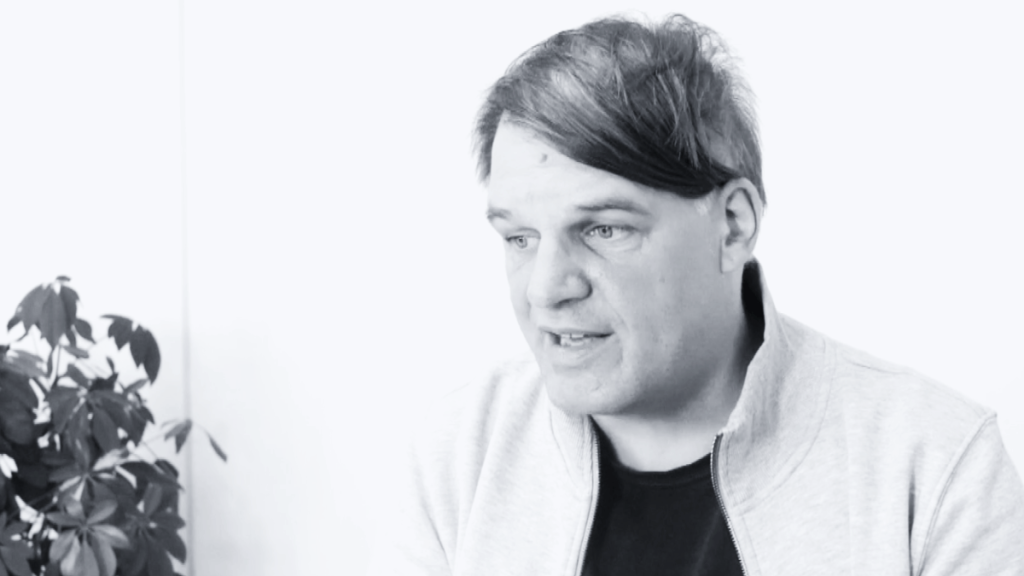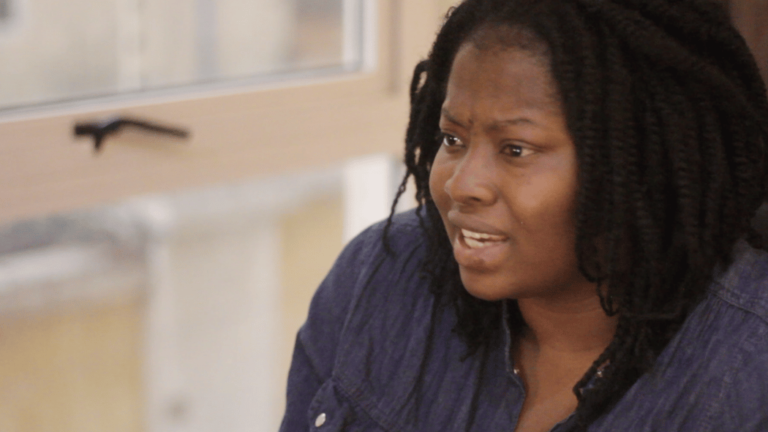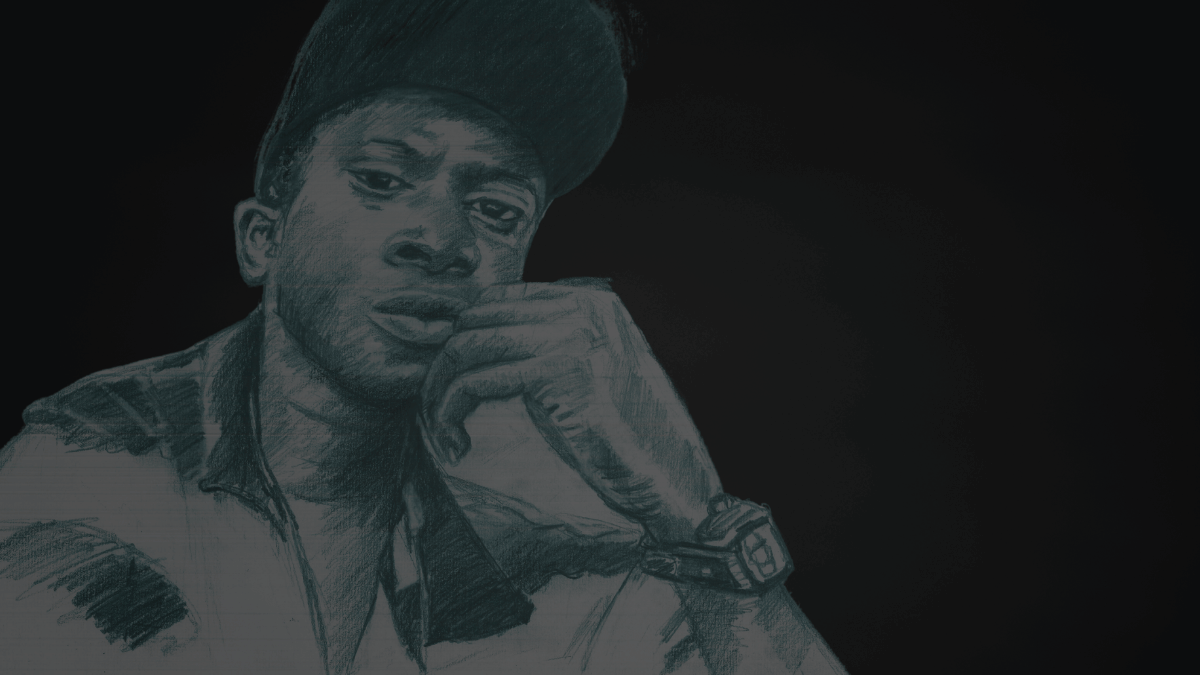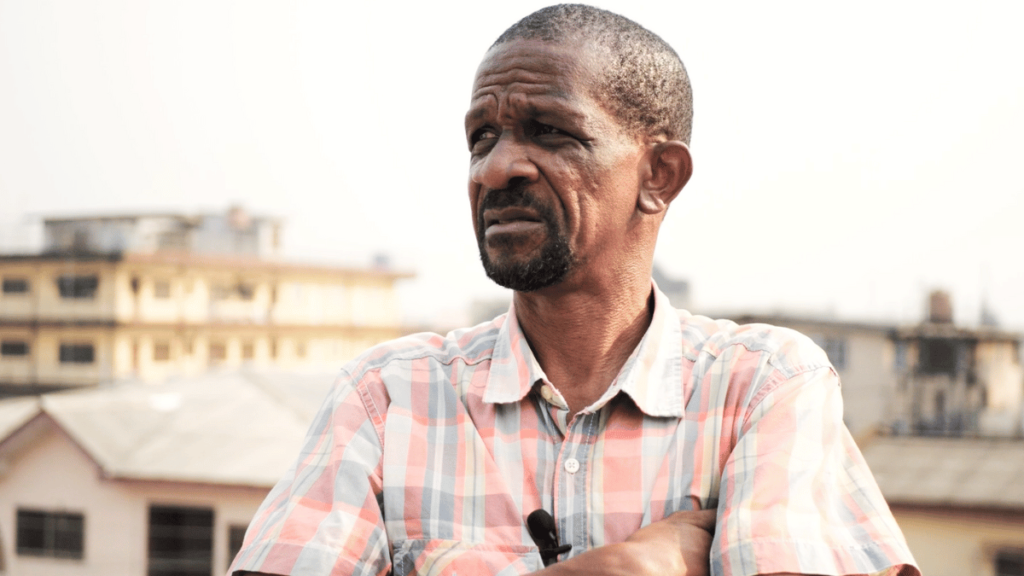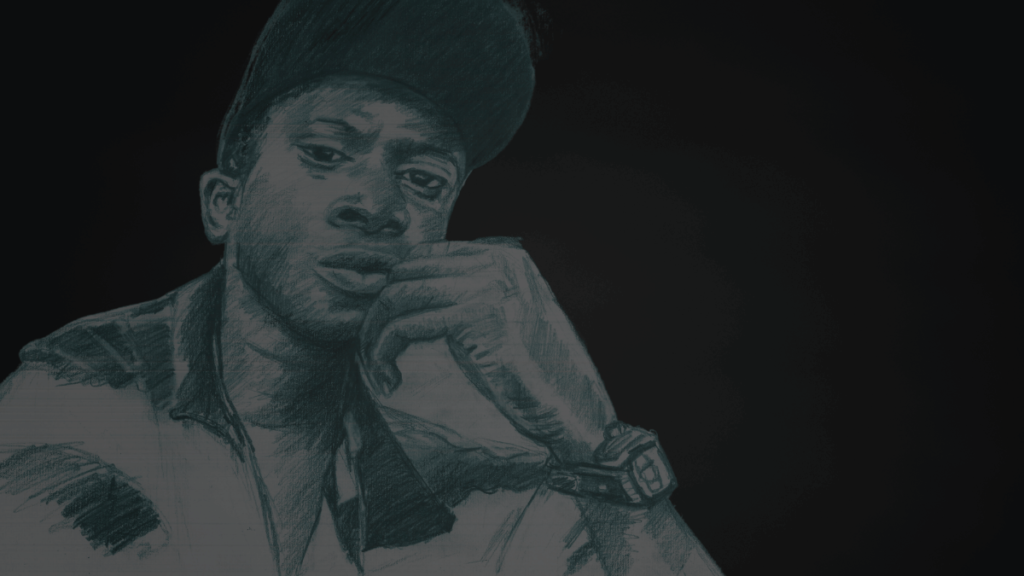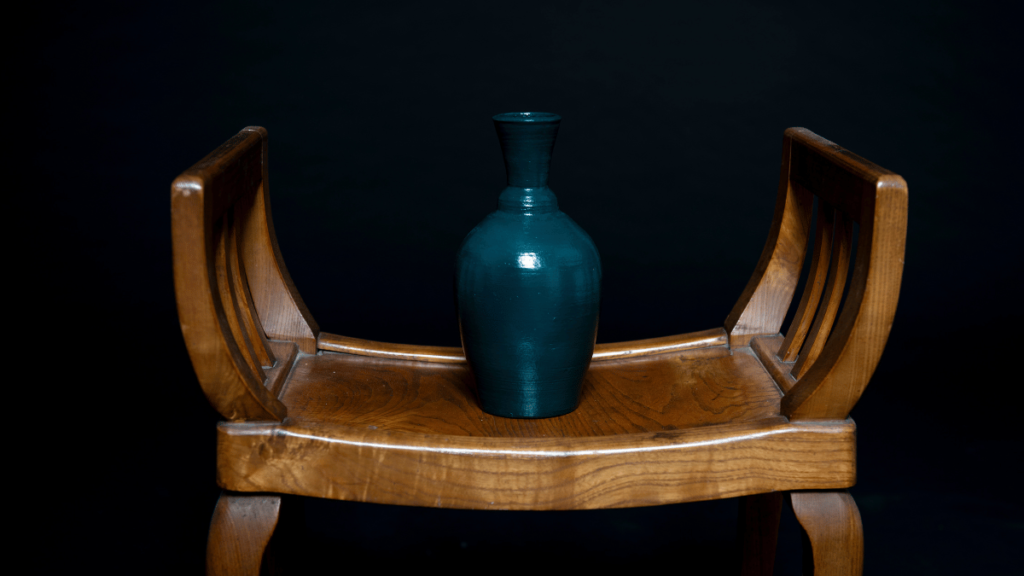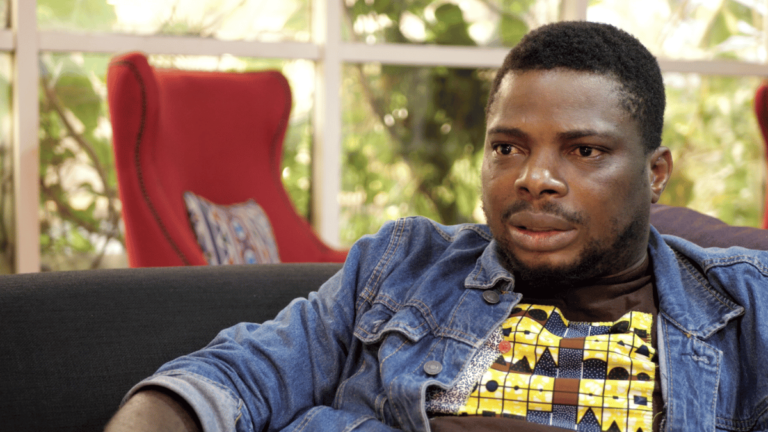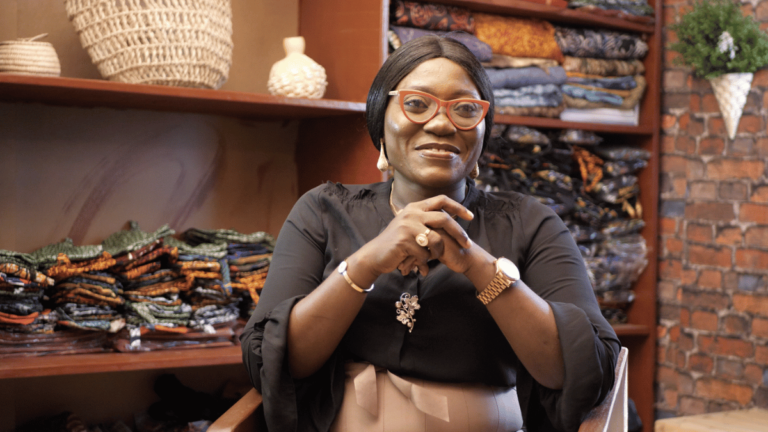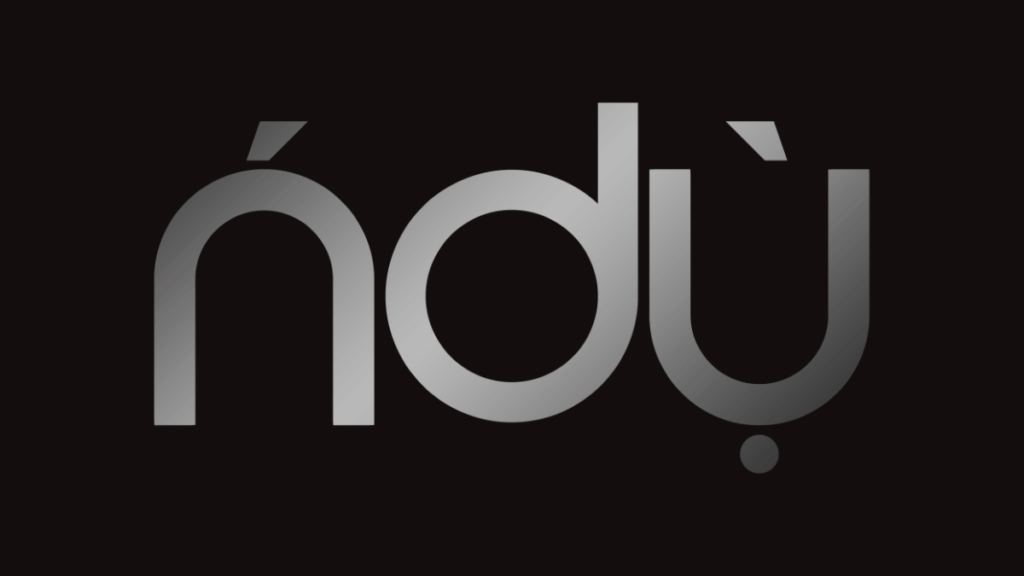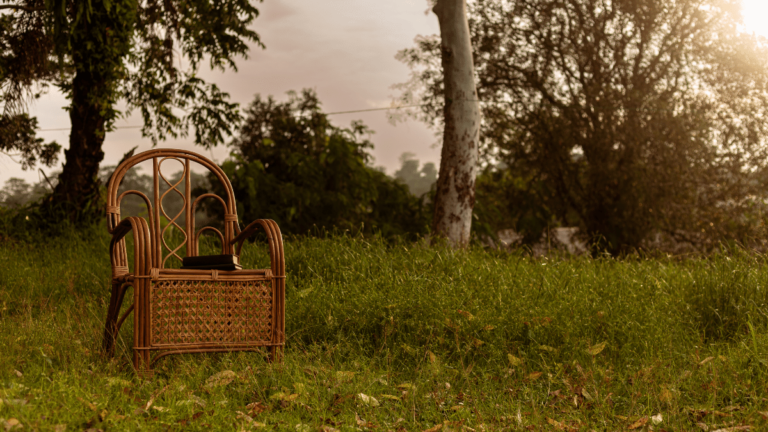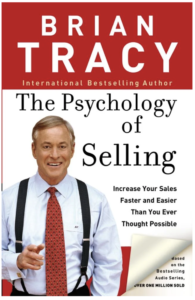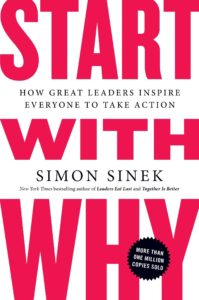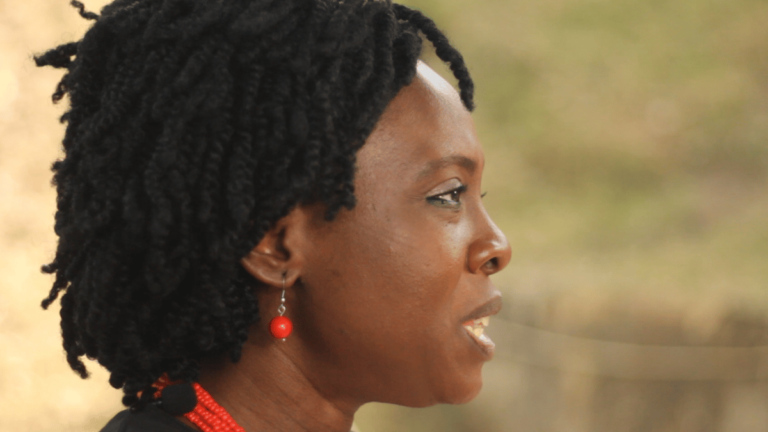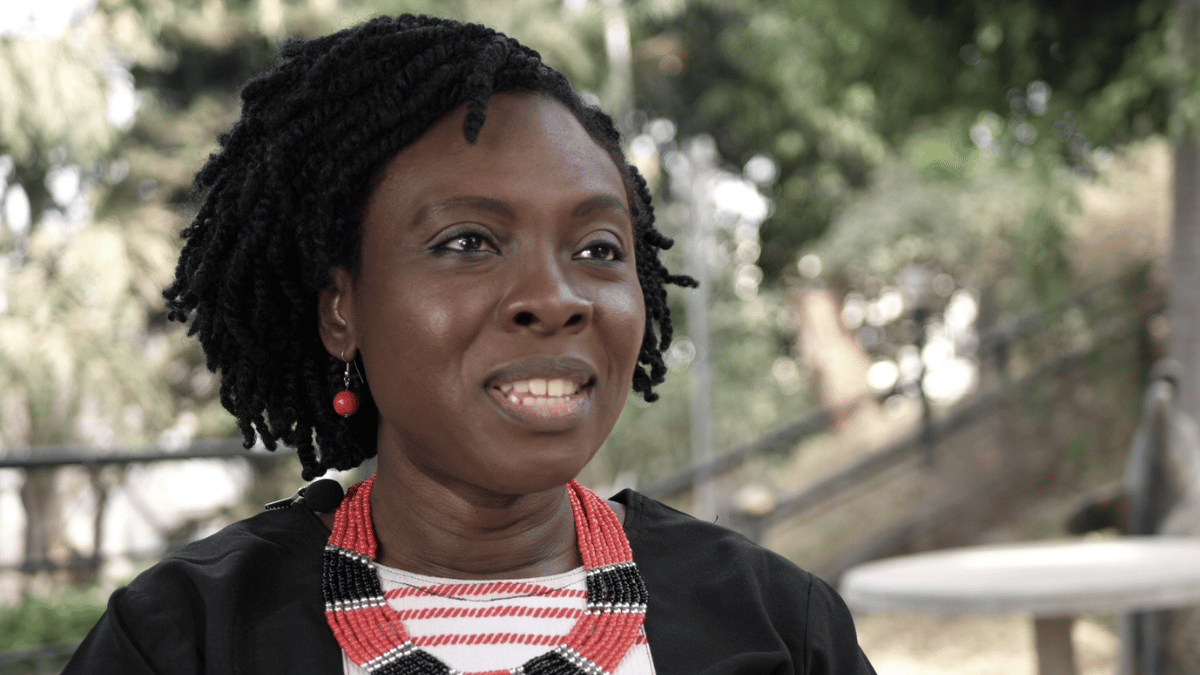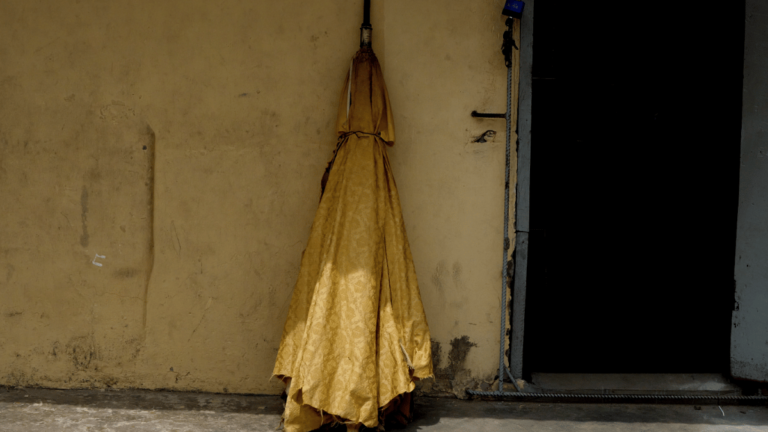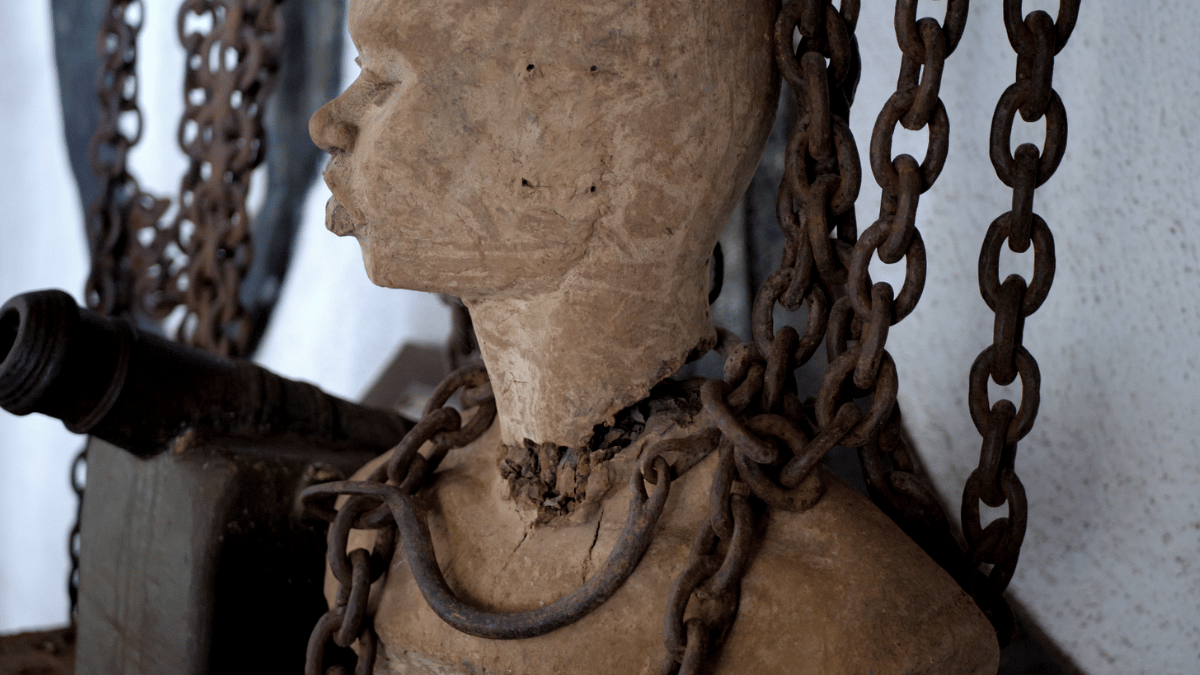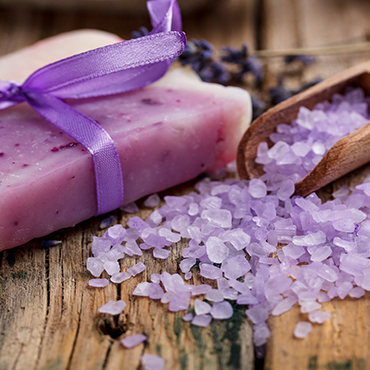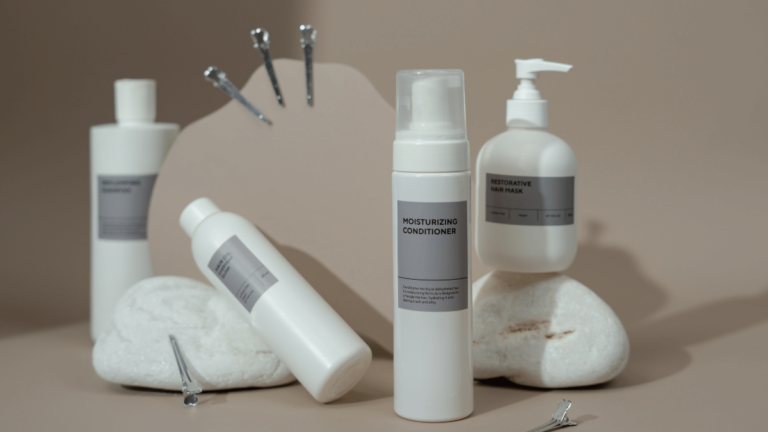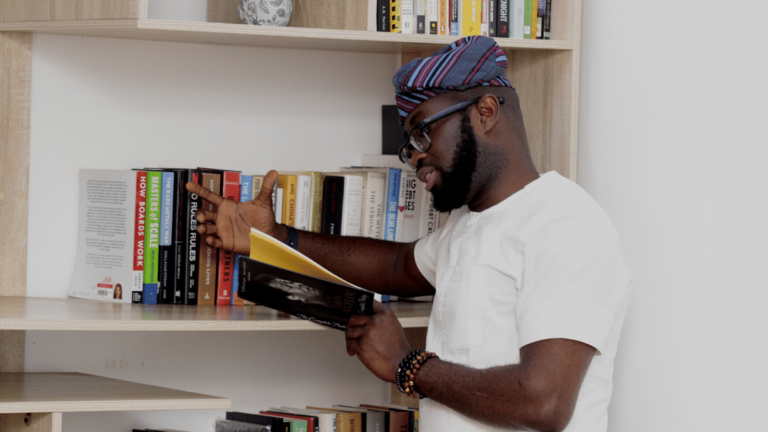What business to start? This is a hot question! Very Often we are not satisfied with our 9 to 5 jobs because we know that we have more potential and probably the job environment will not allow us develop and grow this potential. And maybe the salary we earn is not actually sufficient to cover our expenses. Or you might be craving for new challenges and you know deep down in your heart that you want to achieve greater things. These might be some reasons why you will begin to search for business ideas to start with less capital or very little financial capital in Nigeria or wherever you live. I get you!
You will find out profitable business ideas you can start with less than capital. We will go through some of the major things you need in place to start from skills, free tools to how we can support your business.
You can ask specific questions which my team and I are happy to give answers to.Only those attending live here on our zoom channel can ask questions directly to us. We have a maximum of 100 FREE seats. We will send you a reminder to attend a couple of hours before, so you do not miss out. Register here now to secure a free seat at the webinar >
Here are 10 business ideas to consider when looking for a business to start with little capital. We will release concrete courses and tutorials on how to start with these ideas.
- Soap making business.
- Food stuff delivery service business.
- Affiliate marketing or direct sales business.
- Perfume production business.
- Fashion production business.
- Fashion retail business.
- Digital content creation business.
- Marmalade production business.
- Jewellery production business.
- Portable furniture retail business.
You can find more ideas here as well in my blog on 10 lucrative business ideas in Nigeria.
Here are 35 Business ideas you will love and you can start with very low capital.
I release new blog every week about starting, building and growing your business in Africa. If you want to keep updated and get new ideas as well as our support, then I suggest you subscribe to our business blog for Africa beneath. The issue about having little financial resources to start an idea is a very prominent topic. But I must tell you that, very often you do not need so much money to start off with your idea, if you take the time to actually plan how to start.
Good, so let’s dive into 5 of these business ideas.
Soap making

I am not talking about some kind of no-fragrance soap. I am talking about luxury soap with a yummy appearance – just that you cannot eat it:-). The equipments, work tools and materials for making a soap are not so expensive. The first thing you will need to do here is to educate yourself further about soap making, create a business plan and decide what which niche you want to serve.
In soap making, you can strictly decide to serve cooperate clients like hotels and restaurants or you develop a retail brand of soap you sell strictly to smaller retailers. You can decide to go into direct to customer selling which is very time intensive.I always advice my students to choose between focusing on production or focusing on retailing. Doing both is possible but it will not allow you grow fast into a world-class business. I will expand on these selling strategies in future blogs, tutorials, courses and in my upcoming life conference in Lagos, Nigeria.
Food stuff delivery service business

As Africas population begin to grow massively, migration from rural areas to urban areas is increasing. What does this mean for you as an entrepreneur? We have seen this happen in Europe. People begin to live very fast lives and are disconnected to healthy source of food. Soon health issues increases and people then get conscious about what they eat. This would happen in Africa soon. So now, you have the opportunity to build a fresh business idea by connecting local farmers to the urban areas.
Affiliate marketing or direct sales business.

The concept of direct selling is not new to Africans at all. Actually it is laid in our DNA. Remember those ladies selling clothes on campus? Or that your mums friend selling Ankara fabric to her friends, including your mother? Remember Aso-ebi? Global brands like Tupperware and Avon have long mastered this business and are multi-million dollar companies.
They offer customers the opportunity to build a network and sell the products. The advantage here is that you are showered with amazing tools and selling techniques. The cost to start is very little. So you can primarily learn from them and build your network of direct selling with local products from producers within your country. With some great communication skills you can select a good number of unique products to sell to your network. If you intend to explore or learn more about this business, then be sure to join our Master Class “DEBUNK” where we will help you build your business idea.
Perfume production business

This business requires basic chemistry knowledge though, but with a capital of less than 100K Naira, you are good to go. If you do your homework, meaning educate yourself more about the art and chemistry of perfume making and you have the right product and packaging, you can target high class professionals like bankers, marketers and other service professional, because they just “need” to smell good, right?
Like I mentioned, packaging is key in this business. If you are interested in this business idea, you can enrol for our upcoming tutorial on “Branding with packaging design” to learn more on how to develop the right concept for your idea. Even due to the fact that perfumes have a very long shave life, meaning they do not get spoilt easily, you can quickly grow this business into an exportation business. It is always safer to have one product line and make sure it reaches more customers around the world than to expand to many product line in the same location. I will explain why in upcoming tutorials and my free weekly videos.
Fashion retail business

Ok, this is a business where I have 100% experience as I launched my own fashion production and retail business in 2014. You can visit the online store to see some of our products. In this sector, you have so many option and mind you, Africa is a massive market. When I view fashion as a business, I am in no way referring to high-end fashion or what they call “Haute Couture”. That is not where the big money is. Look at brands like Zara, H&M, Mango, Asos and such. Although I do not recommend their some of their business ethics, it is clear that these retail houses are leading when it comes to fashion and you know why? Because they discovered and focused on the mass market.
So you as an aspiring entrepreneur in Africa, where the mass market is massive like hell, I wonder why we do not have real big or multiple mass fashion retail brands. There is a way to start off your retails brand and grow it into a chain with very little cash. Start with a consistent pop-up plan in strategic locations and leverage the power of digital marketing. I am here to show you how this would work, but you must first work on creating a plan for this idea.
Conclusion – Its not all about cash, it is about if you know how to start!
There are more ideas and remember I only introduced 5 from 10 business ideas to start with less capital. I would love to share more but at the same time, I do not want this blog to be too long. Look out for upcoming blog content, courses, tutorials and life conventions. Thats where I will explore more ideas, show you how and also look for ventures to support on a long term.
Thank you so much for reading this very long blog. I know, it is long. Sorry jare (Nigerian slang), but I just felt it is important to share this knowledge for the common good. If you are really serious about starting up something soon, then be sure to join my program. I look forward to working with you soon.
Take care and cheers,
Joana
JOIN THE FREE MASTER CLASS NOW >
Click to start FREE class now!
But now, what exactly can you start with very little funds?
Thank God, we are living in a digital age. So there are lots of opportunities around the internet technology. I are passionate to share even more ideas with you on my Youtube Channel. Make sure to visit my channel, subscribe an dturn on notifications. In this blog, I will list 10 different business ideas you can start with very little money. I will also explain 5 out of them in this blog that you can start in any African country with less than 100K Nigerian Naira. 100K Naira is equivalent to about 250 dollars, which is basically not a very high financial capital to start. If you are still not sure about how, what to start, I would like to invite you to start my FREE Master class here. click to read more.
Other useful post links:
https://joadre.com/3-low-capital-business-ideas-for-nigeria-new-potential/


















